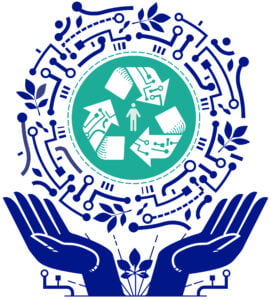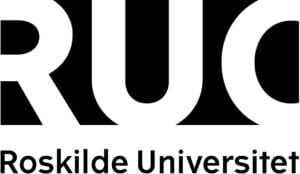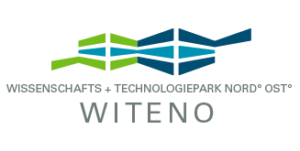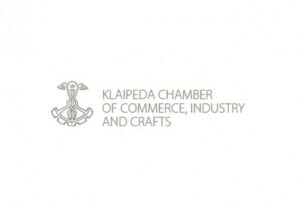 Project CONSIDERATION engages with users, trainers, and consultants to develop, pilot, and test a learning platform with tools enabling SMEs to develop their own Digital Strategy. Competitiveness is gained by competency development for a combined digital, sustainable, and inclusive transformation
Project CONSIDERATION engages with users, trainers, and consultants to develop, pilot, and test a learning platform with tools enabling SMEs to develop their own Digital Strategy. Competitiveness is gained by competency development for a combined digital, sustainable, and inclusive transformation
The overall project objective is to enabling SMEs to self-evaluate/develop their own digitalization strategy. Included are sub-tools to enabling SMEs to measure and report green transition, use data for business analytics, transform towards digital business networks and models and to set up inclusive competency development.
The project’s activities are organized into four content-related work packages, including required research. One work package (WP2) is dedicated to selecting the platform, as well as creating the structure, and content of the Digital Strategy Development Tool (DSDT) and sub-tools. The next content-related work package (WP3) focuses on training the trainers on the DSDT tool and sub-tools and in line with this, the workpackage contains development of course materials and conducting courses and workshop for the trainers, while probing and testing the provided tools. The next work package (WP4) aims at training the SMEs on the use of the solution through workshops and courses. The last work package (WP5) is dedicated to evaluating the previous activities using research methods and improving the solution based on the feedback. Also this work package is about promoting the solution and ensuring its durability.
The main target groups are SMEs; incubators, technology centers, clusters, ICT service providers and educational Institutions and teachers targeting SMEs.
The project partners consist of 3 universities, 3 technology parks, 1 business college and 1 chamber of commerce. The project involves 8 partners from Denmark (2), Germany (1), Lithuania (2), Poland (2) and Sweden (1). The project is supported by 12 associated partners which are regional authorities, business support organizations as well as educational institutions from Denmark, Germany, Lithuania, and Sweden. The project is led by Roskilde University, Department of Social Sciences and Business (DK).
The total project budget is 1,8 mln EUR










